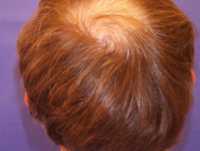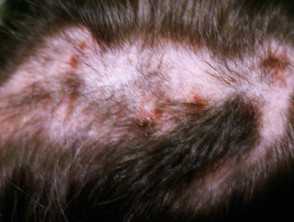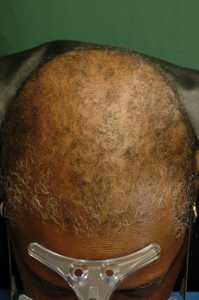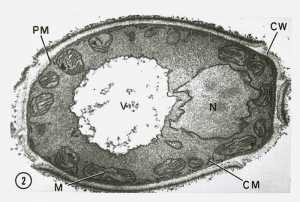Author Interviews, Brigham & Women's - Harvard, Dermatology, JAMA, McGill, Mental Health Research / 17.11.2020
Finasteride: Study Investigates Suicidality and Psychological Adverse Events
Editor's note: This piece discusses suicide. If you have experienced suicidal thoughts or have lost someone to suicide and want to seek help, you can contact the Crisis Text Line by texting "START" to 741-741 or call the Suicide Prevention Lifeline at 800-273-8255.
MedicalResearch.com Interview with:
David-Dan Nguyen, MPH
Research Fellow | Center for Surgery and Public Health, Brigham and Women's Hospital
Medical Student | McGill University
MedicalResearch.com: What is the background for this study?
Response: There is ongoing concern about the side-effects of finasteride, a drug used for the management of alopecia and benign prostatic hyperplasia. These concerns have led to the coining of the “post-finasteride syndrome” which remains controversial. Indeed, there is conflicting evidence on the post-finasteride syndrome/adverse events associated with finasteride.
We wanted to contribute to this conflicting body of evidence by examining suicidality, depression, and anxiety reports linked to finasteride use using the WHO’s pharmacovigilance database, VigiBase. Such pharmacovigilance databases are useful for the study of rare adverse events that are suspected to be associated with medication use. (more…)






